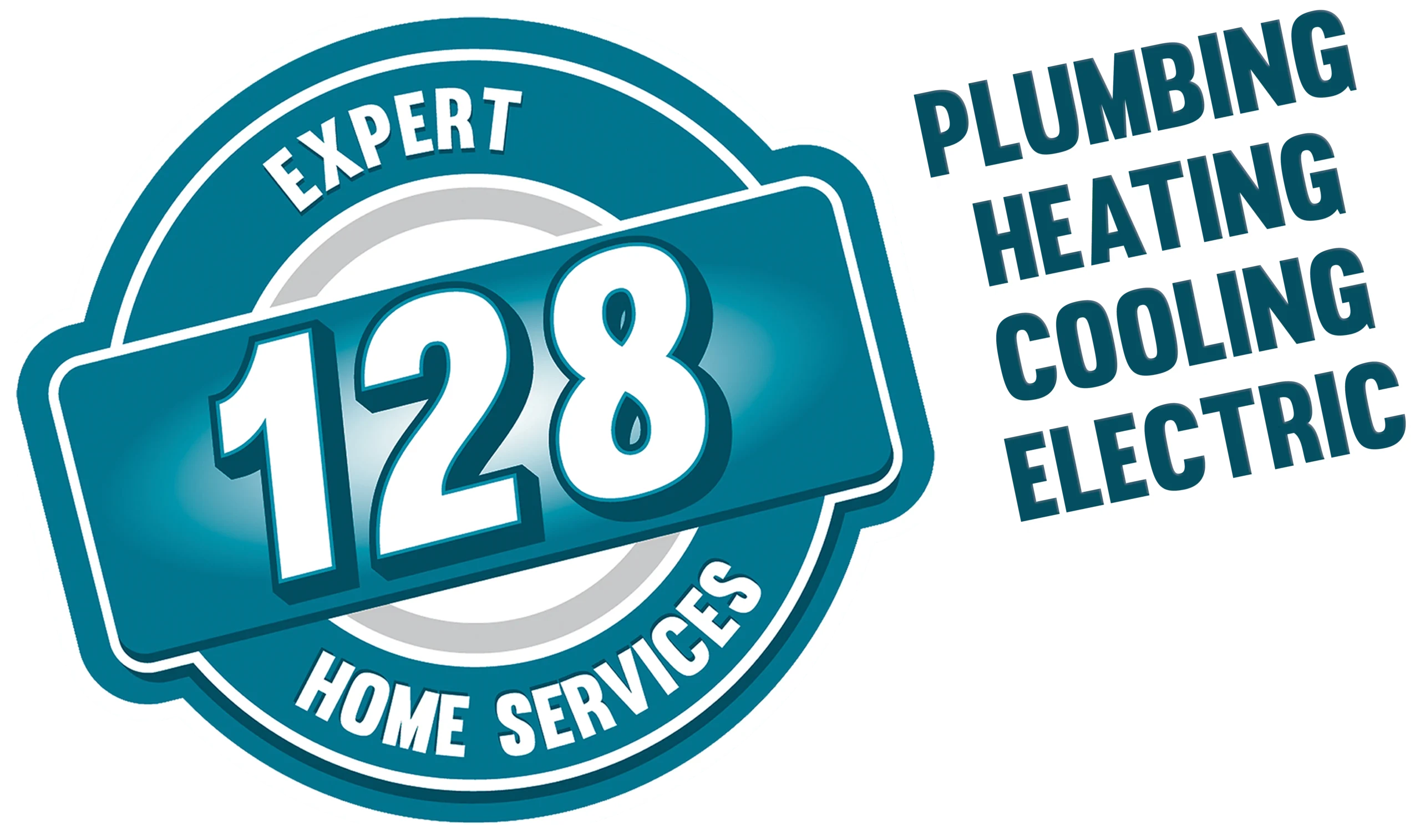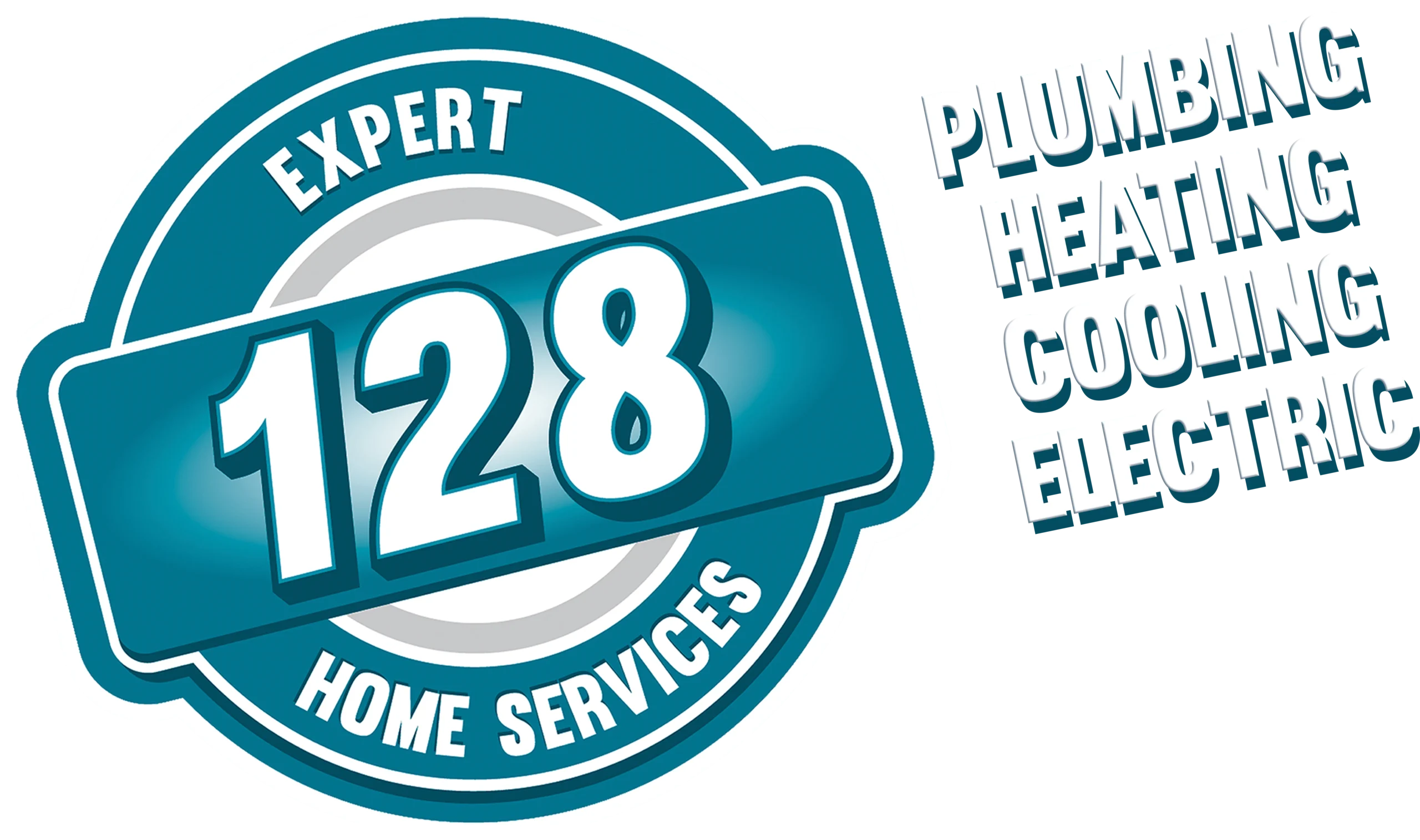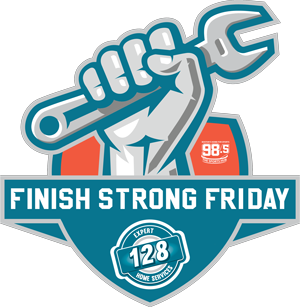Many homeowners see the Inflation Reduction Act as a golden opportunity, especially those with homes in Burlington and the surrounding towns. It’s a chance for them to purchase state-of-the-art home heating and cooling equipment, then get substantial rebates from the government as part of the “go green” movement to increase energy efficiency and reduce the reliance on expensive fossil fuels.
HVAC systems are an important part of this opportunity. They’re the key to meeting your home heating and cooling needs, but it’s important to know that HVAC technology is changing and advancing at a rapid pace. Homeowners also need to know their HVAC systems to cash in on this opportunity. They need to know which HVAC system qualifies for the Inflation Reduction Act, and whether that system is the right choice for their homes.
With that in mind, here’s a breakdown of everything you need to know about HVAC systems, how they work, and how they fit into the Inflation Reduction Act (IRA). You can also combine IRA savings with those offered by Mass Save for furnaces, thermostats, and so on, whether you live in Burlington, Woburn, Melrose, or any other Massachusetts town in the 128 area.
HVAC Systems and the Inflation Reduction Act
HVAC systems have been around for a long time. Back in the day they were taken for granted, and Burlington homeowners just accepted the expenses that came with heating and cooling their homes, even when energy costs rose.
Not anymore. With fossil fuels becoming more expensive in an unstable market, the Inflation Reduction Act has put the focus squarely on heat pump HVAC systems as a solution to this problem.
The HEEHRP Part of the Inflation Reduction Act
Specifically, the High-Efficiency Electric Home Rebate Program (HEEHRP) is the section of the Inflation Reduction Act that focuses on heat pumps. You can add them in Wakefield, Malden, Melrose and any other neighbouring towns, so there are no geographic limitations when it comes to the possible savings.
This program provides rebates of up to $14,000 worth of rebates per household, including up to $8,000 for heat pumps that are certified by Energy Star as being energy efficient. That’s a serious money number, but it raises the question of what the other $6K covers. Here’s the basic rundown:
- Electrical panel grades—up to $4,000
- Home Insulation—up to $1,600
- Home electrical wiring improvements—up to $2,500
How the Inflation Reduction Act Makes Us More Energy Efficient?
Given the savings, it’s important to know how the Inflation Reduction Act is making us more energy efficient all over eastern Massachusetts, whether you’re in Burlington, Woburn, Andover, or any other local town.
Simply put, these savings are about electricity and home electrification. As the HEEHRP acronym indicates, the emphasis is on using electricity more efficiently to heat and cool your home.
At first glance, though, this might seem like a contradiction. Isn’t electricity among the most expensive ways to heat your home?
The answer to that question is just as simple: That was then, this is now. High efficiency heat pumps make electricity a much more viable way to go when it comes to heating and cooling your Burlington home, which is why these rebates are being so strongly encouraged.
HVAC Systems and Your Home Energy Usage
Before we take a deeper dive into how heat pumps do this, let’s take a quick look at HVAC systems and how they play into your home energy usage. They’re definitely the largest part of your home energy bill, especially if you have an older furnace or boiler-based HVAC system with an efficiency rating below 90 percent.
High-efficiency HVAC systems can be a game changer, but your HVAC system isn’t the only line item on your home energy bill in Burlington and beyond. Appliances like dryers and dishwashers use a significant amount of energy, and so do devices like tablets, televisions and game consoles if you use them a lot for home entertainment.
How Heat Pumps Work as Part of Your HVAC System?
So how do heat pumps make it possible to electrify your home heating and cooling system and be more energy efficient in the process? The answer to this question is based on the combination of advancements in heat pump technology and the basics of how heat pumps work.
To some extent, the term heat pump is a misnomer. Heat pumps don’t actually heat air; they simply move it. If you’re using an air source heat pump in a town like Burlington, the cold is extracted from the air by the heat pump, then heated by a heat exchanger.
This process increases the efficiency of your HVAC system exponentially. Normal electric heat systems are 100 percent efficient, but heat pumps can raise that number to up to 300 percent.
Tax Credits, Heat Pumps and the Inflation Reduction Act
Rebates are an important part of the transition to heat pumps in your home HVAC system, but tax credits play a major role as well. The relevant program that’s part of the Inflation Reduction Act is the Energy Efficient Home Improvement Tax Credit, which also goes by its numerical designation, 25C.
This program offers tax credits for installing highly efficient home heating equipment like heat pumps, furnaces, hot water boilers, central AC systems and more. Moreover, this tax credit program is going to be around for the long haul. It extends to 2032, so if you’re hesitant that it will expire and leave you holding the bill for a major home heating expense, that issue has been taken off the table.
The 25C tax credit does have limits, though. It’s capped at $1,200 annually for a qualified gas furnace or air conditioning system, or you can just get a $2,000 credit for a qualified heat pump or a water heater or boiler that works with a heat pump. The good news is that there are no income restrictions or requirements to get this tax credit regardless of whether you’re in Burlington, Wakefield or any other town, but it can’t be combined with the benefits from the HEEHRP program.
The end around for this would be to use it in conjunction with the Mass Save program, which also offers significant rebates and incentives for heat pumps and other upgrades to your HVAC system.
How 128 Plumbing Can Help You Become More Energy Efficient with the Inflation Reduction Act?
Evaluating your home energy usage in Burlington and other nearby towns can be confusing when you try to match up your needs with the Inflation Reduction Act, but at 128 Plumbing we have years of experience with all kinds of government programs. We can do a home energy assessment that will help you understand your IRA-related situation, and we can also make appropriate recommendations about your home energy system, heating and cooling system, appliances, and so on.
The process starts with a phone call. Whether you’re in Burlington, Malden, Medford, Woburn or any other town in our territory, the numbers are (888) 419-4233 or (781) 670-3261. When you call, we’ll answer your questions and guide you through the process, and we can also schedule you for a home heating efficiency visit to evaluate your current system and give you an idea of what your best IRA options are going forward.
Contact 128 Plumbing Today!
To get even more information, you can also go to 128Plumbing.com and start a live chat, and we have some great blogs and articles there to help educate you about home heating efficiency, the Inflation Reduction Act, and Mass Save rebates and incentives for Massachusetts homeowners.


